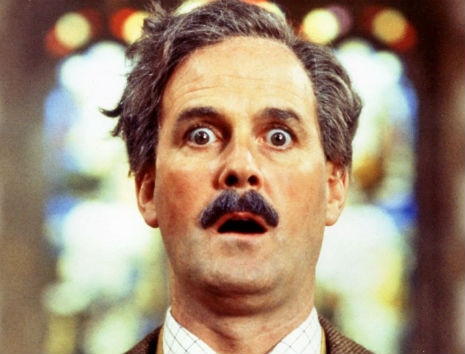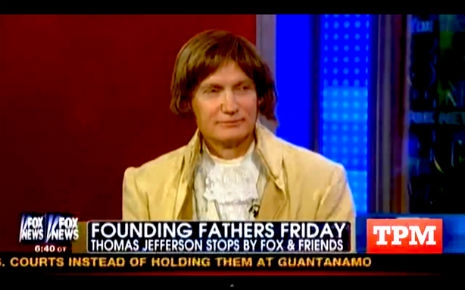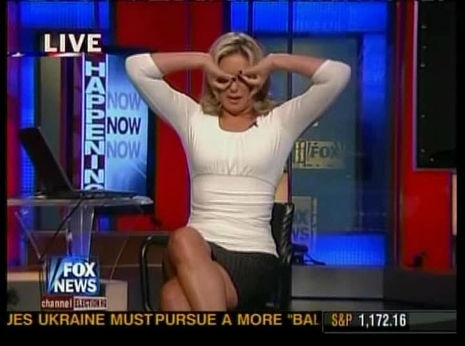
Be afraid, be very afraid…
For some years now, I have been fascinated with the Dunning-Kruger effect. I believe it was some Internet writings by Errol Morris that first turned me on to the idea around 2007. It’s incredibly useful, I feel like I find a use for it almost every day. If nothing else, it’s a spur to humility, because we’re all susceptible to it. Some, ahem, far more than others.
In a 1999 article called “Unskilled and Unaware of It: How Difficulties in Recognizing One’s Own Incompetence Lead to Inflated Self-Assessments,” David Dunning and Justin Kruger of Cornell University came to the conclusion that the qualified are often more skeptical about their own abilities in a given realm than the unqualfied are. People who are unqualified or unintelligent are more likely to rate their own abilities favorably than people who are qualified or intelligent. In the paper, the authors wrote, “Across four studies, the authors found that participants scoring in the bottom quartile on tests of humor, grammar, and logic grossly overestimated their test performance and ability. Although test scores put them in the 12th percentile, they estimated themselves to be in the 62nd.”
However, people with actual ability tended to underrate their relative competence. Participants who found tasks to be fairly easy mistakenly assumed that the tasks must also be easy for others as well. As Dunning and Kruger conclude: “The miscalibration of the incompetent stems from an error about the self, whereas the miscalibration of the highly competent stems from an error about others.”

Charles Darwin put it most pithily in The Descent of Man when he wrote, “Ignorance more frequently begets confidence than does knowledge.” As W.B. Yeats put it in The Second Coming: “The best lack all conviction, while the worst / Are full of passionate intensity.” Apparently there is a scientific grounding for that line.
The Dunning-Kruger effect is unusually suitable in describing the many frustrating positions and rhetoric of the Republican Party. My favorite (if depressing) example of the Dunning-Kruger effect comes from the mouth of George W. Bush in the days before the invasion of Iraq in 2003. As Bob Woodward wrote in Plan of Attack:
The president said he had made up his mind on war. The U.S. should go to war.
“You’re sure?” Powell asked.
Yes. It was the assured Bush. His tight, forward-leaning, muscular body language verified his words. It was the Bush of the days following 9/11.
“You understand the consequences,” Powell said in a half-question. …
Yeah, I do, the president answered.
Yeah, I do, the president answered. What on earth could that utterance by Bush possibly mean? Could it not be clearer that what was in Bush’s head at that moment and what was in Powell’s head at that moment had very little to do with each other? In effect Powell was taking Bush’s word that Bush had seriously considered the consequences of invasion, when to be frank, all available evidence, both at the time and later on, suggests that Bush was foolhardy about what the actual consequences of invasion might be.

Earlier this year, the research of Dunning and Kruger was referenced by a relatively unlikely source: John Cleese, the brilliant comedian who famously portrayed one of the single most obtuse and supercilious characters in TV history, Basil Fawlty. Cleese believes FOX’s viewership is too unintelligent to put the proper brakes on their own thought processes: “The problem with people like this is that they are so stupid that they have no idea how stupid they are. You see, if you’re very, very stupid, how can you possibly realize that you’re very, very stupid, you’d have to be relatively intelligent to realize how stupid you are.”
Apparently Cleese and Dunning are pals—he says so in the video, anyway. Here, have a look: